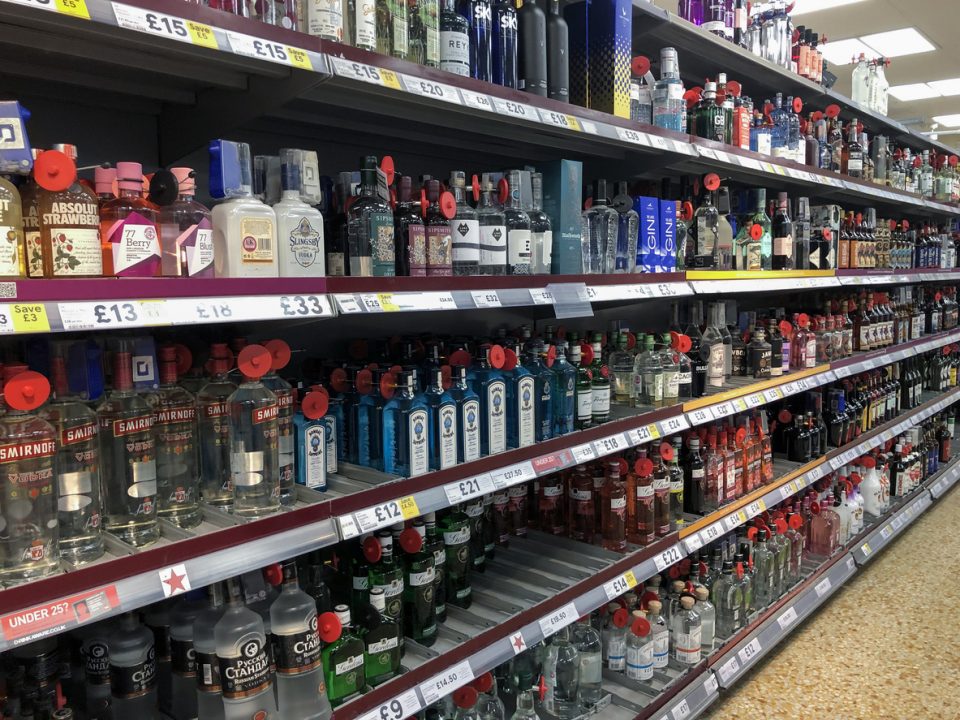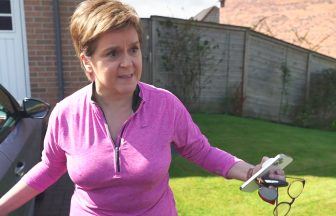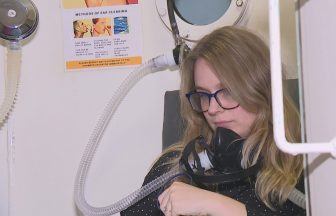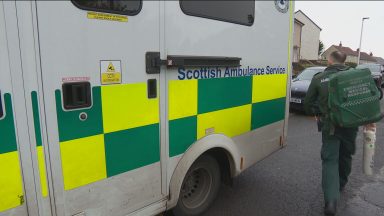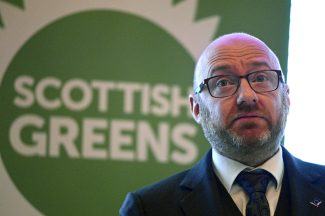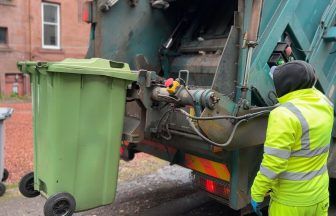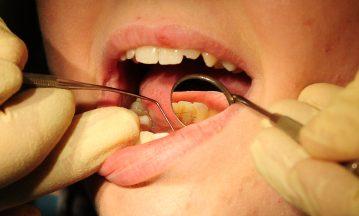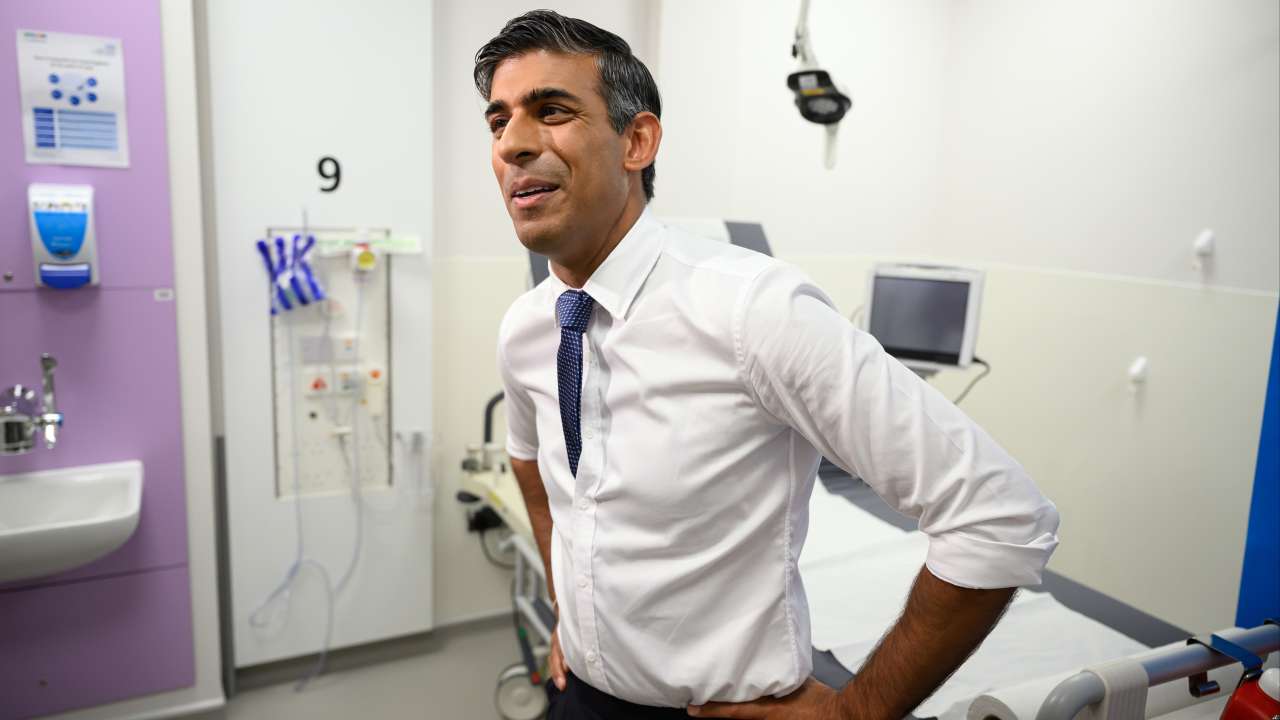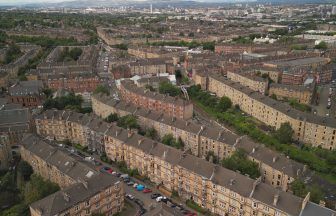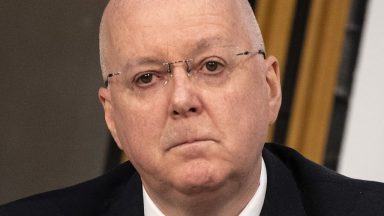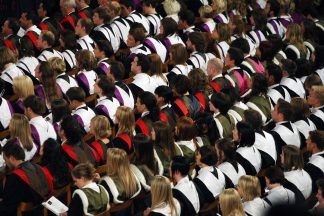The amount of alcohol sold per person in Scotland fell to the lowest level for 26 years last year – but was still higher than it was in England and Wales.
New figures show 9.4 litres of pure alcohol were sold per adult in 2020 – the equivalent to each adult in the country drinking 18 units a week.
The report said this is the “lowest level seen in Scotland over the available time series (1994 onwards)”, with the drop from 9.9 litres per person in 2019 the largest on record.
While the amount of pure alcohol sold per person north of the border was 6% higher than in England and Wales, this was the smallest difference recorded since 1994.
The report, the latest from Public Health Scotland monitoring the impact of alcohol policy, found almost a quarter of all adults reported exceeding the safe weekly drinking guideline of 14 units a week in 2019.
This, however, was down from just over a third in 2003.
There were 1020 people whose deaths were described as being “wholly attributable to alcohol” in 2019 – an average of 20 people per week.
Over the course of 2019-20, 23,685 people were admitted to hospital with an alcohol-related diagnosis. Some of this group required such treatment more than once over the year, meaning there were 35,781 in-patient stays.
Meanwhile for both alcohol-related hospital stays and deaths, the rates were eight times higher in the most deprived parts of Scotland compared to the least deprived areas.
A total of 42.5 million litres of pure alcohol were sold in Scotland in 2020, the report revealed – with sprits and wine accounting for 31% of sales each, beer accounting for 27% and cider 6%.
With the coronavirus pandemic meant bars and restaurants were either closed or operating under restrictions for much of last year, 90% of alcohol was bought in supermarkets and other stores, up from 73% in 2019.
Dr Elizabeth Richardson, public health intelligence adviser at Public Health Scotland, said it is “likely” the pandemic had contributed to a fall in alcohol consumption in 2020.
She said the report shows “population-level alcohol consumption in Scotland has fallen for the third consecutive year, with the reduction from 9.9 litres per adult in 2019 to 9.4 litres per adult in 2020 representing the largest year-on-year decrease in Scotland in the time series available”.
Dr Richardson said: “In 2020 Covid-19 restrictions included the closure of licensed alcohol premises such as pubs, clubs and restaurants.
“We have previously shown that per-adult sales were lower overall between March and July last year, during the first national lockdown, and it’s likely that the pandemic and associated restrictions have contributed to the lower alcohol consumption we see across the Scottish population in 2020.
“Despite these trends, the most recent survey data show that nearly a quarter of people still drink more than the recommended low-risk weekly guideline. Among people exceeding the guideline, it is those in the lowest income group who are likely to consume the most.
“An average of 20 people per week die as a result of their alcohol consumption, and whilst this latest figure represents the lowest rate since 2012, again it is those in the most deprived areas that are more likely to be hospitalised or die because of an alcohol-related harm. Like all harm caused by alcohol, this is preventable.”
Alison Douglas, chief executive of Alcohol Focus Scotland, said “We’re really pleased to see that as a nation we are drinking less for the third year running and that alcohol consumption is at a 25-year low.”
She continued: “But given nearly a quarter of Scots are still regularly drinking over the chief medical officers’ low-risk drinking guidelines, we can’t afford to take our eye off the ball where preventing alcohol harm is concerned.”
She called on the Scottish Government to raise the minimum price for alcohol from the current level of 50p a unit to 65p, saying this will “increase the positive benefits of the policy by reducing consumption, saving more lives and preventing a new generation from developing an unhealthy relationship with alcohol”.
Follow STV News on WhatsApp
Scan the QR code on your mobile device for all the latest news from around the country


